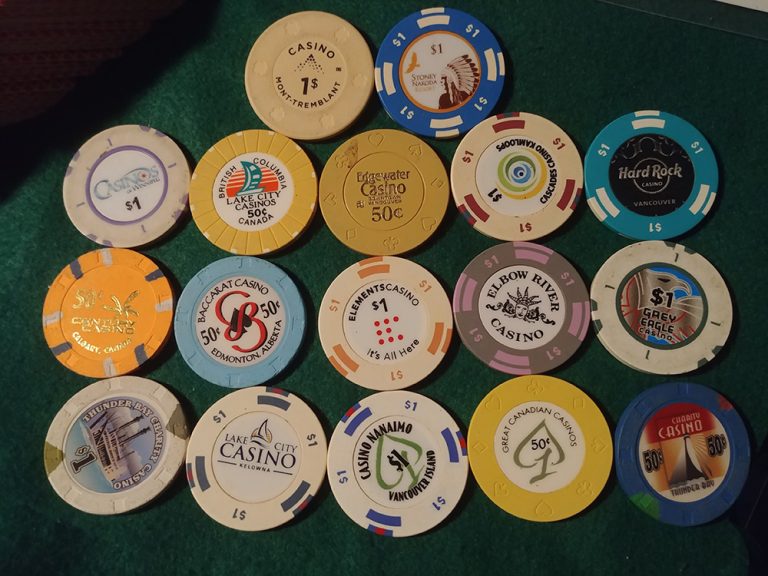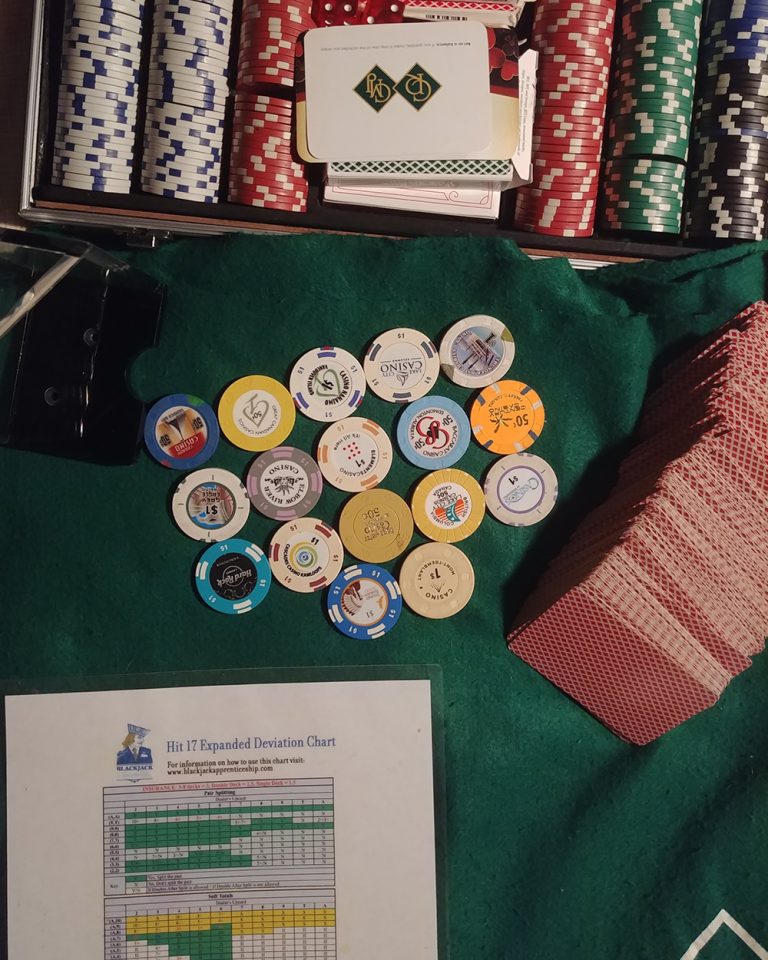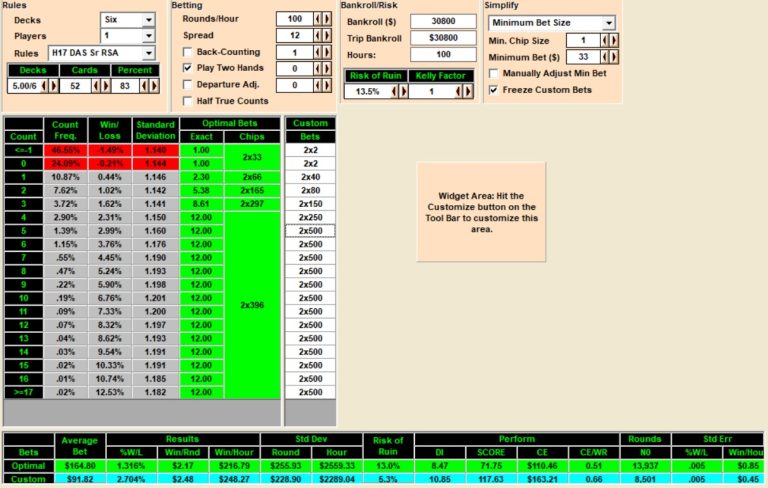When I first heard about card counting, I was an 18 year old construction worker who was intrigued by the idea that people were making a living by playing blackjack. It sounded like something out of a movie, yet I soon realized it was a profound lesson in business management waiting to unfold.

The Beginnings of Blackjack Card Counting
My first introduction to the concept of card counting in blackjack came via the movie ’21’. My friend John Ha (an amazing magician) was the second person to bring this idea to my attention. Curiosity led me to research its legitimacy and legality. The first misconception is that card counting is cheating; it’s simply using your brain to play within the rules that casinos provide.
It’s a strategy game where you calculate advantages based on the cards in play—a concept foundational to both blackjack and business.
The Basics: Strategy and Deviations
Card counting isn’t merely about keeping track of cards; it’s about knowing when to deviate from basic strategy based on the composition of the deck and managing your bankroll.
These strategic decisions, known as “deviations”, mirror the choices entrepreneurs face—when to pivot, when to seize an opportunity, and when to manage risk. For instance, while basic strategy advises against splitting a pair of 10s, in certain card counting scenarios where the decks are flush with high cards, splitting is the optimal move.
This approach challenges conventional wisdom the blackjack table, much like innovative business strategies can disrupt industries.

Challenges in the Game and Business
Casinos, naturally, aren’t fond of winning players.
Their responses—from changing the way you are allowed to play blackjack, such as like flat-betting you, to outright banning successful players—mirror the challenges that us entrepreneurs face when we disrupt markets. The shift from hospitality to hostility underscores the risks inherent in seeking an edge, whether in blackjack or in business.
Lessons in Risk and Reward
Success in blackjack card counting, much like in business, hinges on meticulous risk assessment and effective money management.
The parallels are evident: you need both the strategic foresight to understand the game (or market) and the financial resources to sustain operations. Neglecting either jeopardizes your chances of success. Just as a card counter must carefully manage their bankroll to withstand inevitable downturns, a business must allocate capital wisely to weather economic fluctuations and seize growth opportunities.

Insights from 'Blackjack Apprenticeship' Card Counting Lessons
Drawing from Colin’s insights at ‘Blackjack Apprenticeship‘, success in both arenas demands more than financial capital—it requires a perfect game plan. Starting small and building from a solid foundation. With determination and patience, it can yield substantial returns over time. Whether managing a blackjack bankroll or a business budget, calculated decisions minimize risks and maximize returns.
Conclusion: Business Beyond the Table
My journey on learning how to beat the game of blackjack via card counting taught me invaluable lessons about business management. It underscores the importance of strategy, risk assessment, and continuous improvement—lessons applicable far beyond the casino floor. In business, as in blackjack, success favors those who combine skill with calculated risk-taking.
Whether counting cards or counting profits, the formula for success lies in mastery, resource management, and seizing opportunities when they arise.
